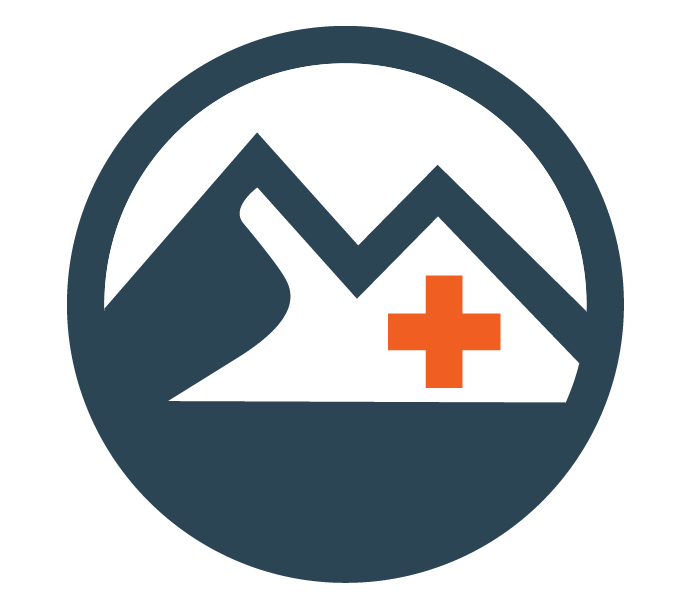How to Become a Paramedic in British Columbia
I am going to start with an admission of bias: I am a Primary Care Paramedic in Vancouver, and I absolutely love my job. Keep that in mind when I tell you that there are very few careers as meaningful, as rewarding, and—believe it or not—as much fun as being a paramedic!
The job can be fast-paced, stressful and tiring… but what good things aren’t? As a paramedic, you will exercise clinical knowledge and judgement to determine the best treatment for your patients, relieve their anxiety and discomfort, and offer solace in times of distress and loss. It’s a lovely job, a meaningful career, and a privilege to perform… and if you think it’s for you, here are the steps to becoming a paramedic in British Columbia.
However, first you are going to need to know what ‘paramedic’ means in British Columbia.
What is a Paramedic?
Paramedics not only provide immediate assessment and treatments at the scene of a medical emergency, but are also responsible for transporting patients to hospital, providing care along the way, and then ensuring a thorough and professional handover to hospital staff. There are four paramedic license levels in BC:
Emergency Medical Responder: EMRs aren’t technically paramedics, but perform many of the same roles, especially in BC’s smaller communities. The EMR role has a low barrier to entry - the training is inexpensive and short - and is a great way to get your foot in the door while making sure that the job is for you.
Primary Care Paramedic: The backbone of the paramedic service, most ambulances you see in BC are staffed by at least one licensed PCP. EMR certification is a prerequisite to apply for PCP programs in BC.
Advanced Care Paramedics: With a much wider array of medications, techniques and equipment, ACPs are dispatched to only the most serious of medical and traumatic emergencies. A PCP license and one year of experience are required prerequisites to apply for ACP programs in BC.
Critical Care Paramedics: CCPs are critical care and flight medicine specialists who often transport severely ill people from smaller regional hospitals to major care centers.
How Do I Become a Paramedic in BC?
Complete a Coast Wilderness Medical Training EMR program. Coast’s EMR program is a fully recognized prerequisite to all Primary Care Paramedic programs in BC, offers industry-leading student support from registration through licensing, and offers a nationally recognized Canadian Red Cross certification. The EMR program includes 2 weeks (or 4 weekends) of in-class training and assessment.
(Optional, Highly Recommended) Get your EMR license from the Emergency Medical Assistants Licensing Board (EMALB) of British Columbia. Apply to the British Columbia Emergency Health Services (BCEHS) as an EMR, and start helping people in your community! (If you are curious as to why this is highly recommended, reach out and I will be happy to explain the many benefits of getting your uniform early!)
Apply to a Primary Care Paramedic program. These programs take about 8 months to complete, including in-class and practical training.
Complete your PCP licensing exam with the EMALB.
Either apply to the British Columbia Emergency Health Services, or—if you are already a BCEHS employee—submit your license and begin working to the full scope of your PCP training!
Many paramedic positions also require a class 4 driver’s license. If you think a career in paramedicine is for you, you should start working on that as soon as possible - a class 4 driver’s license offers many more opportunities!
How much money do paramedics make in BC?
As of 2023, BCEHS wages are as follows:
| undefined | Training Time | Starting Wage | Wage by Year 3 |
|---|---|---|---|
| Emergency Medical Responder | 2 weeks or 4 weekends | $29.48 | $36.47 |
| Primary Care Paramedic | EMR + 8 Months | $32.30 | $41.13 |
| Advanced Care Paramedic | PCP + 16 Months | $42.53 | $50.62 |
Please note, your salary depends on your date of hire & hours worked with BCEHS - that is, if you were an EMR for 3 years before deciding to complete your PCP, your salary as a PCP will start at $41.13.
Benefits: Full time paramedics also qualify for benefits such as dental care, paid vacation, and pension. Part-time employees get 17% additional salary in lieu of benefits and vacation pay.
What if I don’t want to work for the ambulance service?
EMRs and paramedics are in high demand in an astounding array of job opportunities, including working for private event medicine companies, as occupational first aid attendants, in patient transport, as ski patrol, and working for fire departments (with further training, of course). It is difficult to overstate the opportunities available for licensed EMRs in BC right now!
Wow! I think paramedicine might be for me - what’s next?
Fill out the form below to arrange for a free telephone consultation with a career specialist - we will be happy to answer any questions you have about the career, the training, the licensing process, any other requirements, and any other concerns you might have. If you have already decided, just go to our EMR page and register online - no prerequisites required!
I look forward to chatting with you, and I hope to see you in class!
Kieran Hartle,
EMR Program Director,
Coast Wilderness Medical Training.





